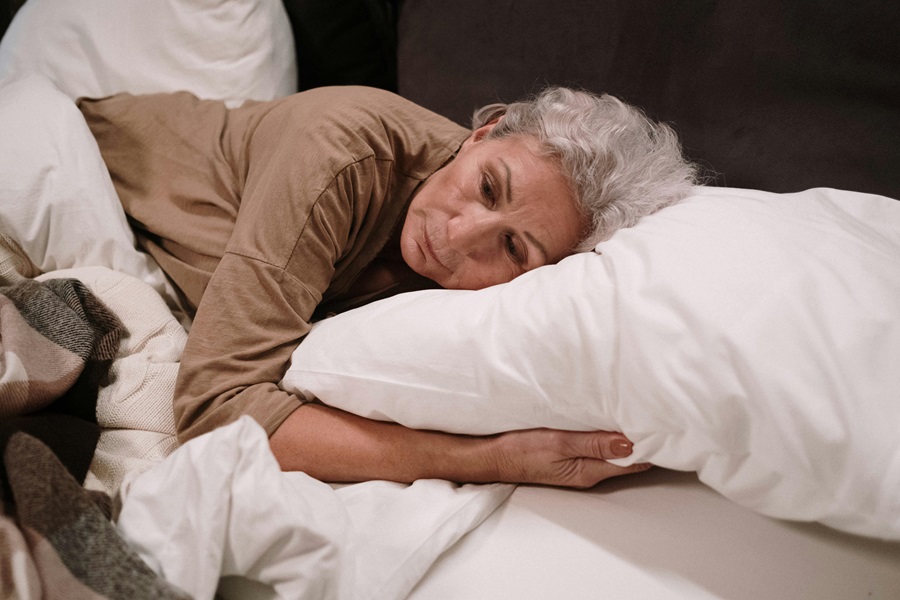Senior Sleep Problems: Part 2 – Sleep Tips for Older Adults
Sleep patterns change with age, and this often causes trouble for seniors. Not being able to fall asleep, waking up at irregular times and even struggling with insomnia are common among older adults.
In our previous post “Senior Sleep Problems: Part 1 – 7 Common Causes”, we have discussed common factors that contribute to sleeping problems for seniors. With this background knowledge and appropriate steps, sleeping can be improved immensely.
Here are 6 sleep tips for older adults:
1. Exercise
It has been reported that older people who exercise regularly experience quality sleep. They are able to fall asleep faster, sleep longer, and are less likely to wake up in the middle of the night.
2. Minimise distractions
Having electronics that emit bright light in one’s bedroom can affect sleep. Televisions, smartphones, and other devices constantly produce light when switched on, keeping a person’s brain awake. Therefore, remove electronics from the bedroom and reserve the bedroom for only sleeping.
3. Be conscious of what you consume
There are some substances that discourage one from having quality sleep. These substances include alcohol, tobacco, and caffeine. Eating habits like having large meals late in the night can also make sleep more challenging.
For these reasons, reducing alcohol consumption, quitting smoking, limiting caffeine intake and having dinner at least 4 hours before sleeping can immensely enhance one’s sleeping experience.
4. Maintain a regular sleep schedule
Sudden changes to sleep schedules and irregular sleeping times can all contribute to lower quality sleep. This is especially the case for older adults, as their body struggles to recover from lost sleep. So keep the bed and waking up times the same every day. Avoid napping too much or too close to bedtime.
5. Develop a routine before bedtime
Having a regular routine before going to bed can signal the body and prepare for it to fall asleep easily. Find activities that can relax your body before going to sleep. Some suggestions include taking a warm bath, dimming down the lights, reading or changing into silk pyjamas.
6. Make it safe
It is important to reduce hazards and potential risks that may jeopardise seniors in their bedroom. For example, minimise objects on the floor like rugs, cords and stools as these may increase the chance of falling risk. Also, make sure the light is within reach so that the senior can gain clearer vision and avoid tripping or falling in the dark. These safety measures can make seniors feel at ease in their bedroom.
These lifestyle and environment changes take some time to get adjusted to, which is especially the case for seniors.
Living Waters Aged Care provides a home care service that supports every person’s unique needs. Contact us to find out more about our service.

